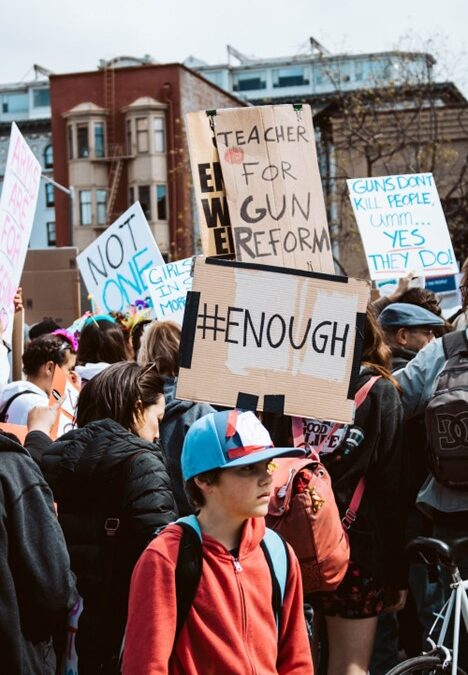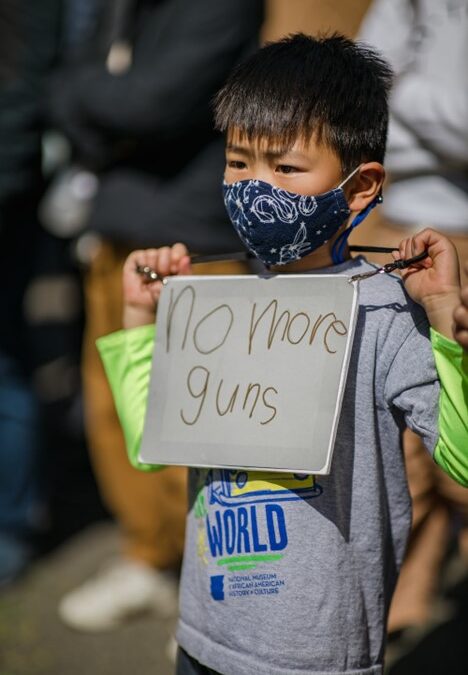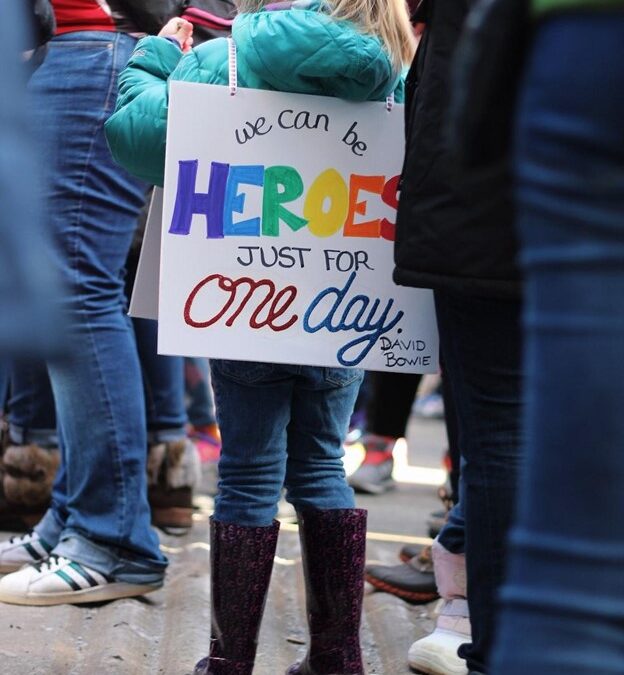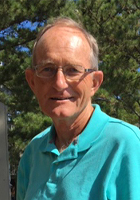Too many organizations underperform because they fail to pay sufficient attention to leader transitions. As a result, the mission, those served, and the employees suffer. In my work with more than 300 organizations facing leader transitions, I’ve identified many factors that influence the outcome of a leader transition.
The power of leader transitions to advance, weaken or destroy organizations and the power of a planned and well-executed transition to strengthen and transform organizations.
Unfortunately, not every leader transition goes so well. Think for a moment about organizations you might know that were weakened or destroyed by a flawed leader transition. Arts organizations, charter schools, food banks, group homes for people with developmental disabilities, neighborhood development initiatives and community health clinics of all sizes have felt the pain of failed or flawed transitions.










 Tom Adams writes and speaks on topics vital to the intersection of our personal lives with our community and global lives. He has for decades been engaged in and written about nonprofit leadership and transitions, spirituality and spiritual growth, how we each contribute to a more just and equitable world and recovery from addictions and the Twelve Step recovery movement.
Tom Adams writes and speaks on topics vital to the intersection of our personal lives with our community and global lives. He has for decades been engaged in and written about nonprofit leadership and transitions, spirituality and spiritual growth, how we each contribute to a more just and equitable world and recovery from addictions and the Twelve Step recovery movement.